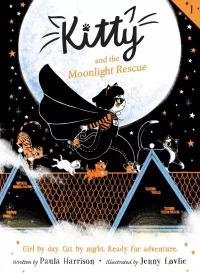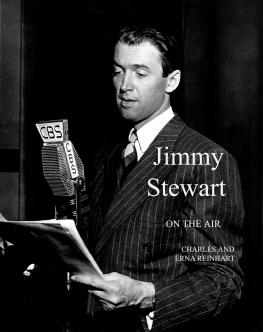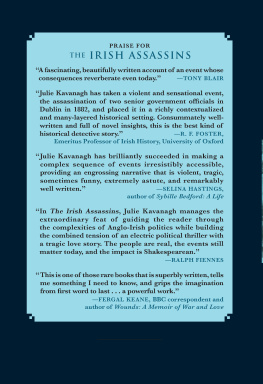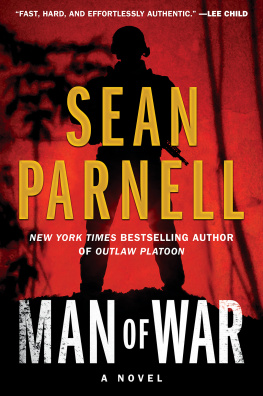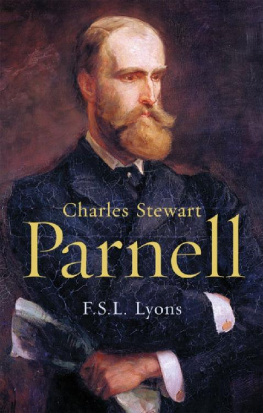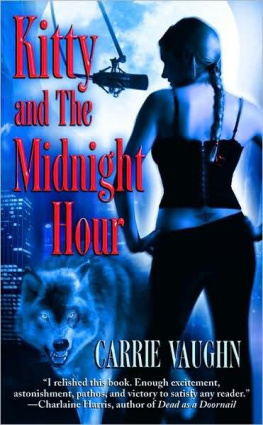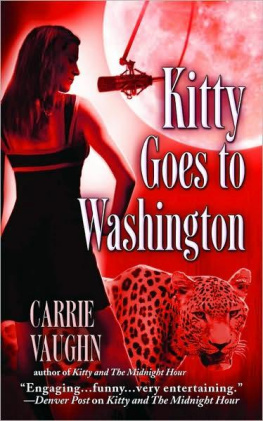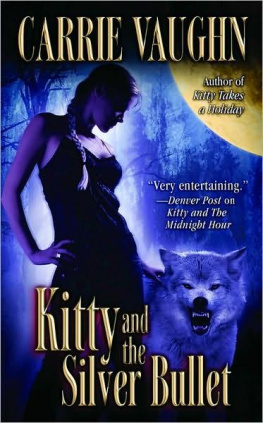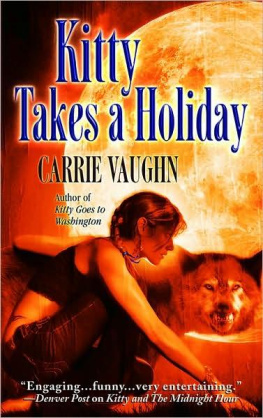CHARLES STEWART PARNELL Taken in the sitting-room at Wonersh Lodge, Eltham by Mrs. Parnell
CHARLES STEWART PARNELL
Taken in the sitting-room at Wonersh Lodge, Eltham
by Mrs. Parnell
CHARLES STEWART PARNELL
His Love Story and Political Life
BY
KATHARINE O'SHEA
(Mrs. Charles Stewart Parnell)
"No common soul was his; for good or ill
There was a mighty power"
HAWKSHAWSonnet IX
CASSELL AND COMPANY, LTD
London, New York, Toronto and Melbourne
1921
First published in Two Volumes 1914
One Volume Edition 1921
DEDICATED TO
LOVE
Had the whole rich world been in my power,
I should have singled out thee, only thee,
From the whole world's collected treasury."
MOORE
PUBLISHERS' NOTE
Of all the love stories in history possibly none had more intense reactions upon politics than that of Charles Stewart Parnell and Katharine O'Shea, which is unfolded with candour so compelling in this record of their life.
The engrossing interest in Ireland has demanded a new and popular edition of Mrs. Parnell's book. No real comprehension of the Irish question is possible without a thorough knowledge of Parnell's life and his part in the creation of the modern Home Rule movement; and no intimate knowledge of Parnell's character and the springs of his policy during the critical decade of the 'eighties can be had without studying the revelations of his correspondence with his wife.
In this edition some abridgment has been necessary to bring the book within the compass of a single volume. The less material parts of Mrs. Parnell's narrative of her own girlhood have been curtailed, and the long correspondence of Captain O'Shea has been summarised in a note appended to Chapter xxvii. One or two omissions are indicated in footnotes. The text has been subject to no other interference.
La Belle Sauvage,
September, 1921.
MRS. PARNELL'S PREFACE TO THE FIRST EDITION
On October 6th, 1891, nearly twenty-three years ago, Charles Stewart Parnell died in the arms of his wife; nearly twenty-three years ago the whole of the civilized world awoke to laudor to condemnthe dead chief. It ranked him with the greatest heroes, or with the vilest sinners, of the world, because he had found and kept the haven of her arms with absolute disregard of that world's praise or blame, till death, the only power greater than the love that held him there, tore him from them.
And then the hate that followed him to the grave turned to the woman he had loved, to vent upon her its baffled spleen; not considering that such a man as he would keep the heart of his wife as closely in death as he had kept it in life, so closely that none could come near it, so secretly that none could find the way to plant therein a sting. And so for these more than twenty-two years, I, his wife, have lived upon memories so happy and so precious that, after time had brought back some meaning to my life, I took a certain pleasure in reading all men had to say of him whom they so little knew. Never in all the "lives," "articles," or "appreciations" I read had there been one that could sayor one that desired to saythat Parnell was not a man who stands out sharp and clear from other men for good or ill.
But now, after all these years, one of Parnell's erstwhile followers has arisen to explain to another generation that Parnell was not really such a man as this, that he was one of Ireland's eternal failures. One who held her dear indeed, but one who balanced her welfare against the clutches of a light o' love with all the foolishness of callow degeneracy, so fondly imagined chivalry by the weak. Not a man who gave his country his whole life, and found the peace and courage of that life in the heart of the woman he loved. No, that is how a man lives and loves, whether in secret or before the whole world. That is how Parnell lived and loved, and now after these long years I break my silence lest the unmanly echo of excuse given forth by Mr. O'Brien in an age that loves excuse may cling about the name of the man I loved. It is a very poignant pain to me to give to the world any account of the sacred happiness of eleven years of my life and of the agony of sorrow that once seemed too great to bear; but I have borne it, and I am so near him now that I fear to leave near the name of that proud spirit the taint of excuse that he loathed.
Parnell never posed as "rather the victim than the destroyer of a happy home," as Mr. O'Brien suggested in the Cork Free Press of last year, and he maintained to the last day of his life that he suffered no "dishonour and discredit" in making the woman he loved his own.
And because Parnell contravened certain social laws, not regarding them as binding him in any way, and because I joined him in this contravention since his love made all else of no account to me, we did not shrink at the clamour of the upholders of those outraged laws, nor resent the pressing of the consequences that were inevitable and always foreseen. The freedom of choice we had ourselves claimed we acknowledged for others, and were wise enough to smile if, in some instances, the greatness of our offence was loudly proclaimed by those who he knew lived in a freedom of love more varied than our own. For the hypocrisy of those statesmen and politicians who, knowing for ten years that Parnell was my lover, had with the readiest tact and utmost courtesy accepted the fact as making a sure and safe channel of communication with him, whom they knew as a force to be placated; for those who, when the time came to stand by him in order to give Ireland the benefits they had promised him for her, repudiated him from under the cloak of the religion they thereby forswore, he, and I with him, felt a contempt unspeakable.
In this book I am giving to the public letters so sacred to my lover and myself that no eyes other than our own should ever have seen them, but that my son was jealous for his father's honour, and that I would not my lover's life should seem in these softer days a lesser thing, beset with fears and indecisions that he did not know. I have, lived in those eleven years of Parnell's love so constantly that nothing has been lost to me of them, and the few details of them that I give will show a little of what manner of man he was, while still I keep for my own heart so much that none shall ever know but he and I.
In regard to the political aspect of the book those who know the Irish history of those days will understand. My lover was the leader of a nation in revolt, and, as I could, I helped him as "King's Messenger" to the Government in office. It has been erroneously said by some of the Irish Party that I "inspired" certain measures of his, and biased him in various ways politically. Those who have said so did not know the man, for Parnell was before all a statesman; absolutely convinced of his policy and of his ability to carry that policy to its logical conclusion. Self-reliant and far-seeing, the master of his own mind.
I was never a "political lady," and, apart from him, I have never felt the slightest interest in politics, either Irish or English, and I can honestly say that except for urging him to make terms with the Government in order to obtain his liberation from prison, I did not once throughout those eleven years attempt to use my influence over him to "bias" his public life or politics; nor, being convinced that his opinions and measures were the only ones worth consideration, was I even tempted to do so. In my many interviews with Mr. Gladstone I was Parnell's messenger, and in all other work I did for him it was understood on both sides that I worked for Parnell alone.



